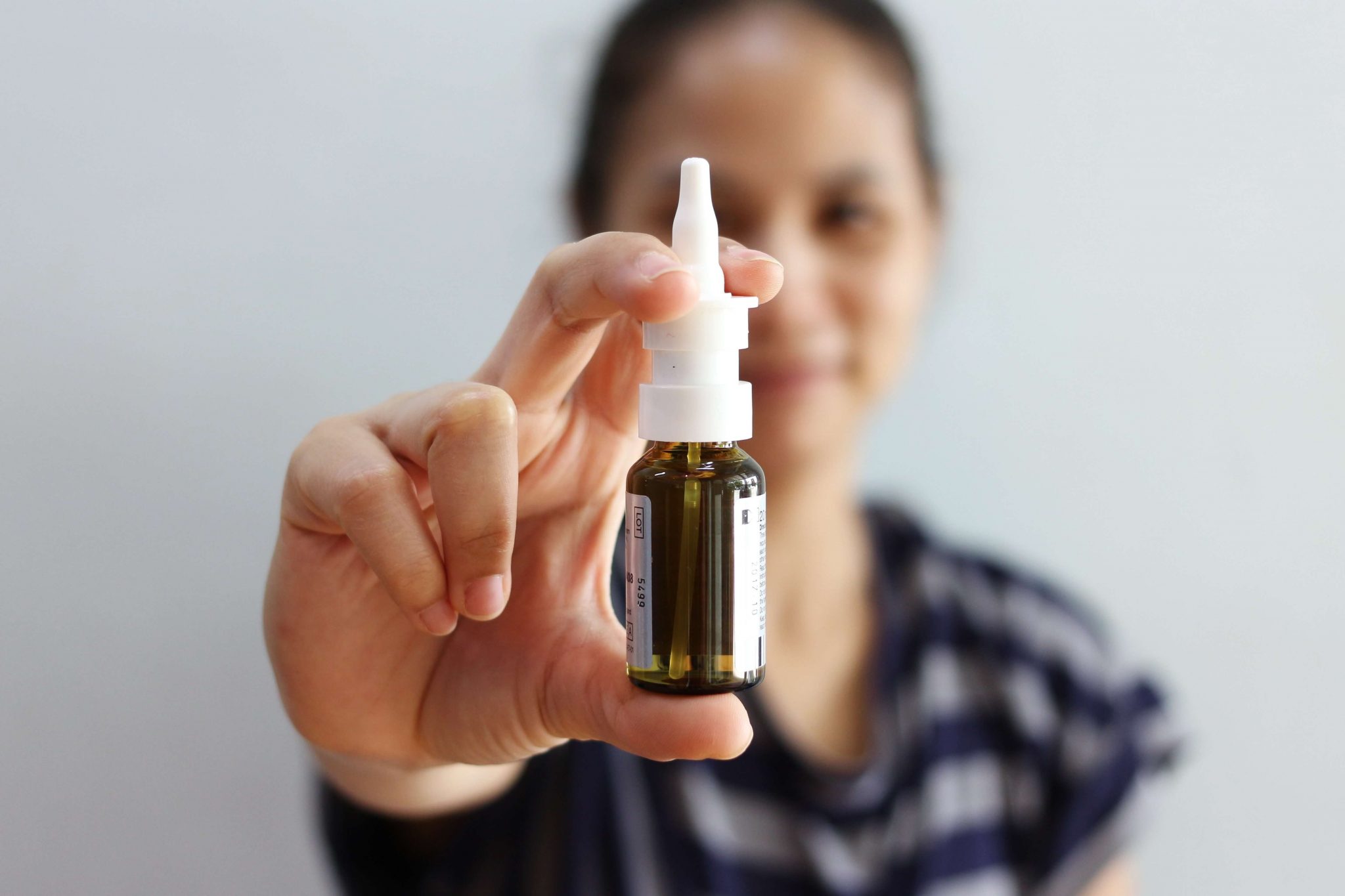The US Food and Drug Administration (FDA) approved ketamine on 6th March 2019 —a ketamine like nasal spray, which is to be taken in conjunction with one of the commonly used oral antidepressants —to help in treating a form of depression called treatment resistant depression (TRD). TRD is a condition that typically affects people suffering from major depressive disorders (MDD). The key feature of TRD is the inability to respond adequately to at least two antidepressant treatments.
Exercise in big parks can reduce depression
The drug is administered via the nasal route, where it is absorbed by the nasal lining into the bloodstream. Part of the promise that ketamine holds, lies in the role it plays in swiftly alleviating depressive symptoms. Esketamine is reported to show statistically significant effects as quickly as a matter of days, as against the traditional antidepressant treatments that can take several weeks before showing any results.
Did you know that one student commits suicide every hour in India?
“There has been a long-standing need for additional effective treatments for treatment-resistant depression, a serious and life-threatening condition,” said Tiffany Farchione, MD, Acting Director of the Division of Psychiatry Products in the FDA’s Center for Drug Evaluation and Research, in a press release announcing its approval. Unsurprisingly, the FDA’s approval has been hailed as a landmark milestoneby its advocates.
Lonely People Run the Risk of Dying Early
Given the potential risk of abuse and the risk of serious adverse outcomes, like sedation and dissociation (disconnect in a person’s thoughts, memories and a sense of identity) among others, associated with administering of the drug, the drug will only be available through a restricted distributed system. In addition, the drug will only be administered in a clinical setting where patients are required to stay back and be monitored for a few hours.
Epilepsy is the Fourth Most Common Neurological Disorder
Ketamine as a drug has been around for many years and has been used off-label to treat depression. Many psychiatrists in India provide ketamine infusion therapy, which is essentially ketamine administered intravenously, as it is felt to be beneficial during emergencies and especially in patients diagnosed with suicidal ideation.
Innovative Biomarkers for Early Diagnosis and Treatment of Life
An average of about 4.4% of the world and 5.9% of the United States’ population, suffer from varying degrees of depression and the incidence in India is not vastly different at 4.5%. Insuch a scenario, where the incidence rates are similar, treatment options for depression available around the world are required to be made available here in India as well. It is, therefore, incumbent on all the stakeholders to deliberate the efficacy and the potential harm of the drug expeditiously, and if found suitable for the Indian population, fast track its availability.
Rising Pollution in the City Intensifying Cases of COPD
Despite Ketamine’s success in giving the patient a new impetus to recovery, it is important to sustain the gain. All aspects of a patient’s disease, from the physical to the psychological and from the social to the environmental need to be addressed. Ketamine is really a shift in thinking about and acting on depression, which really represents a leap in terms of new ideas for tackling the disease.
About the author
Preetam Satish is the co-founder of a health-tech company Virtual Clinic. He is also a stakeholder in Maarga Hospital, a psychiatry hospital based in Bangalore. Mr. Satish is passionate about mental health and has written an article about the new and emerging treatments available for depression. He has also written about how Ketamine is important to fast track the availability of some of these known and well-entrenched therapies to address the needs of mental health in India.

